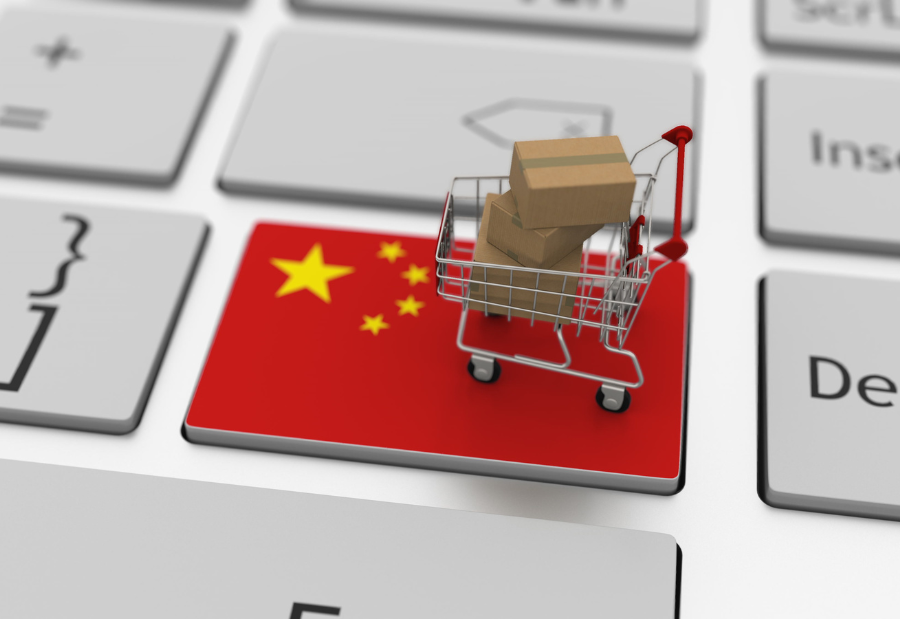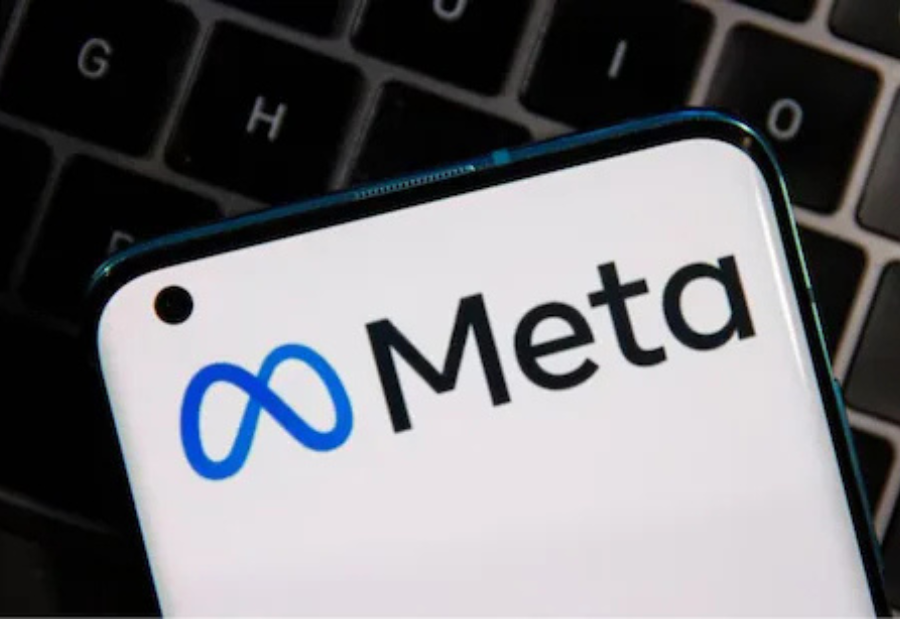China’s leading e-commerce firms are locked in an aggressive price war in the fast-growing instant retail sector, a battle that is weighing heavily on their profits and adding to deflationary pressures in the country’s economy.
Companies including Alibaba, Meituan and JD.com are competing fiercely in the one-hour delivery market by offering heavy discounts and coupons to attract users. While the strategy has boosted customer numbers, it has also drained cash reserves and raised concerns among investors over long-term profitability. Regulators have also stepped in, worried that the steep price cuts could spark a downward spiral in an economy already strained by weak property demand and job insecurity.
Executives at the top firms have openly acknowledged the challenges. JD.com CEO Sandy Xu described the current situation as “excessive competition,” while Meituan chief Wang Xing referred to a “new phase of competition.” Zhao Jiazhen, co-CEO of PDD Holdings, noted that rivalry had “intensified further” during the last quarter.
The battle began earlier this year when JD.com launched a food delivery app to rival Meituan. Alibaba, which owns Ele.me, also stepped up investments in the segment. Analysts estimate that industry-wide losses surpassed 4 billion dollars in the second quarter alone. Reports suggest that the three companies could spend more than 160 billion yuan, or around 22 billion dollars, over the next 12 to 18 months to protect or grow their positions.
Meituan, which relies heavily on food delivery, is expected to feel the greatest pressure, while JD.com’s delivery-related losses nearly erased its second-quarter profit. Alibaba is less exposed as instant retail makes up a smaller share of its business.
Despite the near-term pain, companies believe the sector holds long-term promise. Alibaba projects instant retail could add 1 trillion yuan in annualised sales within three years. Key indicators to watch include whether food delivery users move to broader e-commerce platforms, with both JD.com and Alibaba reporting strong growth in active users recently.
However, there are signs regulators may intervene. Authorities have warned platforms against “race to the bottom” competition, prompting companies to pledge in July that they would reduce destructive pricing tactics. Analysts believe these commitments could gradually ease the intensity of the battle.
Also read: Viksit Workforce for a Viksit Bharat
Do Follow: The Mainstream formerly known as CIO News LinkedIn Account | The Mainstream formerly known as CIO News Facebook | The Mainstream formerly known as CIO News Youtube | The Mainstream formerly known as CIO News Twitter |The Mainstream formerly known as CIO News Whatsapp Channel | The Mainstream formerly known as CIO News Instagram
About us:
The Mainstream formerly known as CIO News is a premier platform dedicated to delivering latest news, updates, and insights from the tech industry. With its strong foundation of intellectual property and thought leadership, the platform is well-positioned to stay ahead of the curve and lead conversations about how technology shapes our world. From its early days as CIO News to its rebranding as The Mainstream on November 28, 2024, it has been expanding its global reach, targeting key markets in the Middle East & Africa, ASEAN, the USA, and the UK. The Mainstream is a vision to put technology at the center of every conversation, inspiring professionals and organizations to embrace the future of tech.




